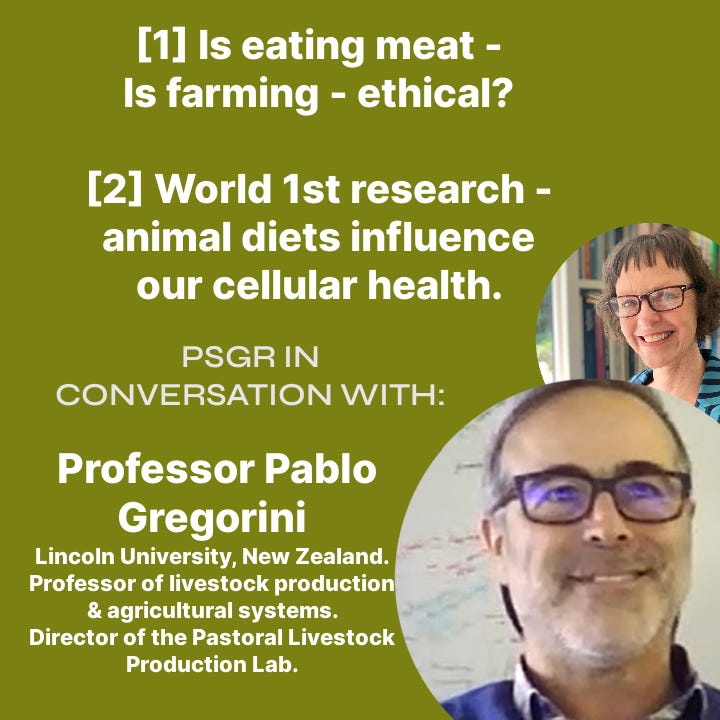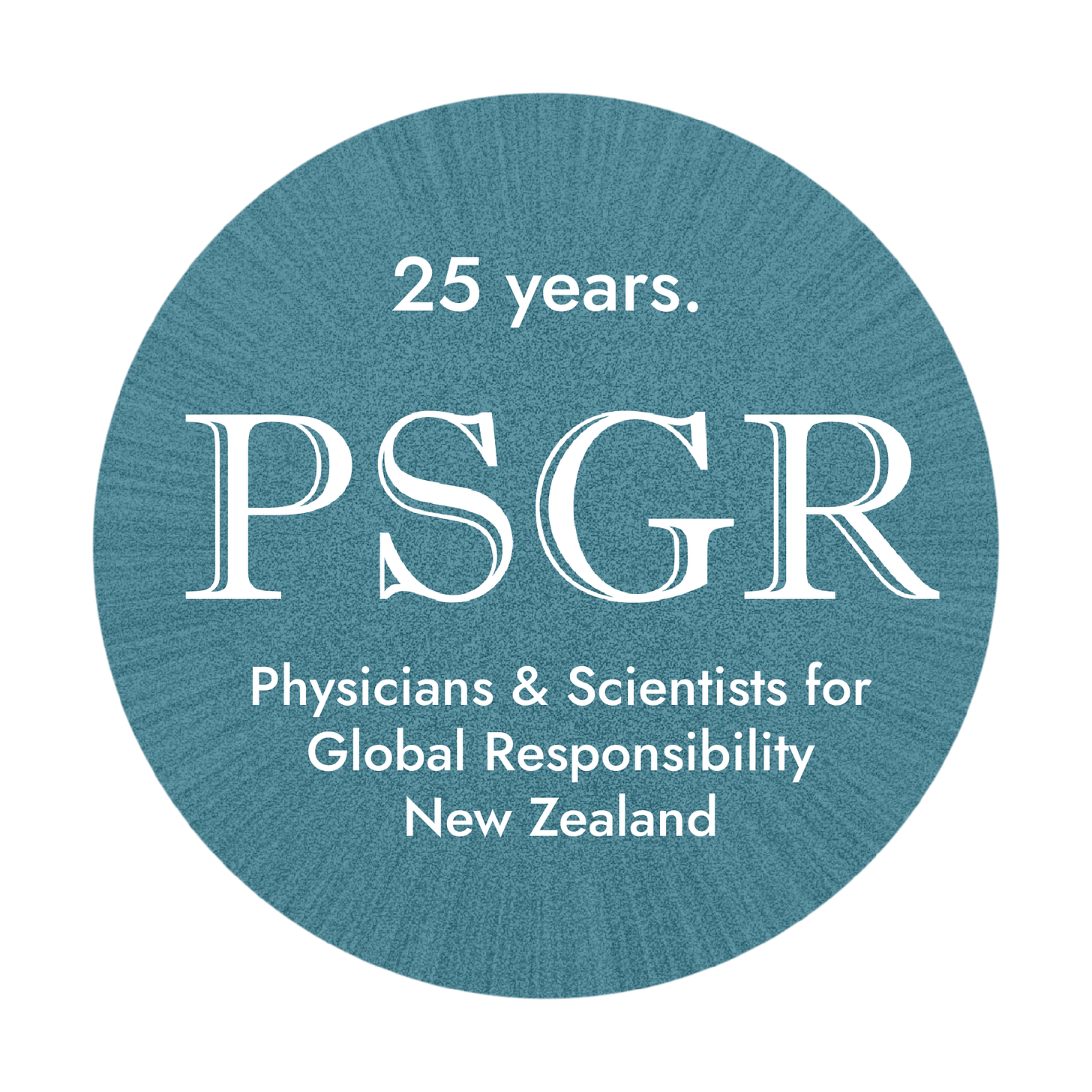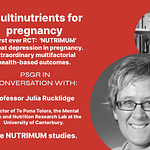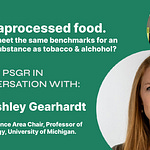YouTube video Part 1: Is eating meat - & animal farming - ethical? Why claims Re: climate change, environmental health & human health may be misleading. we discuss why society might look more critically at media and academic rhetoric that positions animal agriculture as harmful and destructive and rethink imagery that asserts a separateness of animal agriculture from human society, - and rather, consider how deeply animal agriculture is embedded in the human story.
YouTube video Part 2: World 1st research - animal diets influence cell health. Metabolomic profiling; the critical role of secondary compounds; & embracing complexity. We focus on how mainstream messaging on human nutrition can fail to emphasise, and hence downplay, the important role of secondary compounds (phytonutrients). We also look at a stunning new, first of it’s kind, multi-disciplinary cross-over (mixed-methods) study, and look at complexity and chaos.
This 2-part interview is available on YouTube or as this single podcast (also on Spotify).
An increasing proportion of people – particularly younger generations - are electing to be vegetarian. When asked, they reason that animal agriculture is bad for the planet, driving climate change and pollution, and that eating animals is unethical.
Some researchers are challenging this narrative that reflects mainstream messaging, but fails to address subtle, but relevant issues.
Professor Gregorini heads Lincoln University’s Centre of Excellence in Designing Future Productive Landscapes and Pastoral Livestock Production Lab. Gregorini researches integrated farm systems and the way domestic herbivores – goats, deer, sheep and cattle (beef and dairy) complement and benefit, not only farm systems – but human, social systems.
Gregorini is part of a global cohort of researchers, past and present are shedding light on how livestock (domestic herbivores such as goats, sheep, cattle and deer) – how learn, evolve and co-evolve, in not just paddocks or fields or landscapes – but in foodscapes. Their incessant curiosity and a willingness to look across disciplines and pay respect to complexity, is deepening global knowledge on the intelligence of animals – including the animals we farm for meat, around their eating (grazing) choices, and how we can improve our paddocks and fields - our foodscapes, to co-evolve with animals in a mutually beneficial way.
Their work asks to look at layers of benefit, to humans and livestock that are sometimes oversimplified or ignored. Here’s another thought, if we don’t farm animals, they won’t have a chance to live. To explore, to consume. To experience life.
This 2-part interview with Professor Pablo Gregorini asks us to reconsider mainstream claims that glide over these issues.
For more discussion, please go to our Substack article.














Share this post